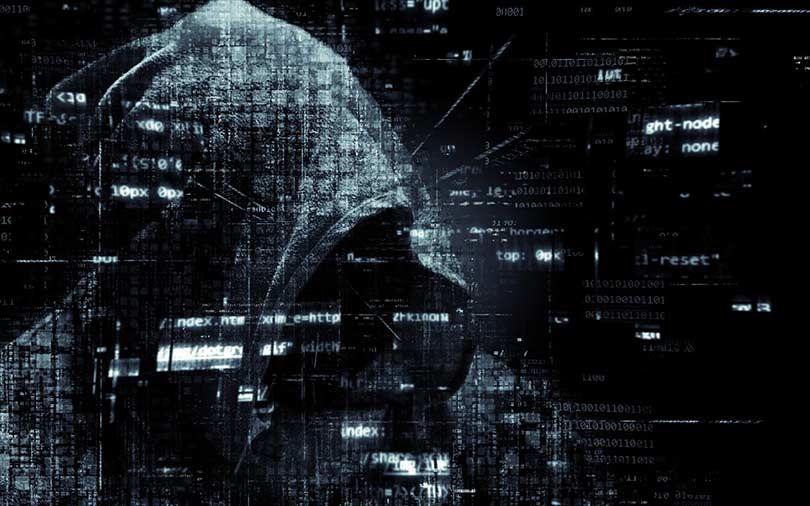
Automation and gamification key to winning war against cybercriminals: McAfee


At the workplace, job satisfaction, automation and gamification are key to beating cybercriminals, said a survey by McAfee LLC. (Gamification uses game design and psychology to drive productivity and staff engagement.) The US software security firm surveyed 300 senior security managers and 650 security professionals in public and private sectors around the world.
According to the report, 46% of respondents believe that in the next year they will either struggle to deal with the increase of cyber threats or find it impossible to defend against them.
Nearly a quarter of respondents said that they needed to increase their information technology (IT) staff by 24% in order to manage the threats, while 84% admitted it was difficult to attract talent and 31% said they did not actively do anything to attract new talent.

Automation
Eighty one per cent in the survey believed more automation would make their organisation’s cybersecurity safer. A quarter said that automation freed up time to focus on innovation and value-added work, while nearly a third (32%) of those not investing in automation said their organisations were at cyber risk due to lack of in-house skills.
Gamification
Almost all (96%) of those respondents who participate in gamification exercises at the workplace, such as hackathons and capture the flag, report seeing benefits. In fact, respondents who report they are extremely satisfied with their jobs are most likely to work for an organisation that runs games or competitions multiple times per year.
More than half (57%) report that using games increases awareness and IT staff knowledge of how breaches can occur.

Forty-three per cent say gamification creates a teamwork culture needed for quick and effective cybersecurity. Three-quarters (77%) of senior managers agreed that their organisation would be safer if they leveraged more gamification.
Videogamers are important
Findings in the survey suggest that hiring online video gamers may be the next logical step to addressing the shortage of skilled cybersecurity workers. Nearly all (92%) of the respondents believe that gaming affords players experience and skills critical to cybersecurity threat hunting: Logic, perseverance, an understanding of how to approach adversaries and an outlook fresher than that of traditional cybersecurity professionals.
Three-quarters of senior managers said they would consider hiring a gamer even if that person had no specific cybersecurity training or experience.
More than three-quarters (78%) of respondents said the current generation entering the workforce, who have played video games, are stronger candidates for cybersecurity roles than traditional professionals.

Seventy-two per cent of respondents said hiring experienced video gamers in the IT department seemed a good way to plug the cybersecurity skills gap.
